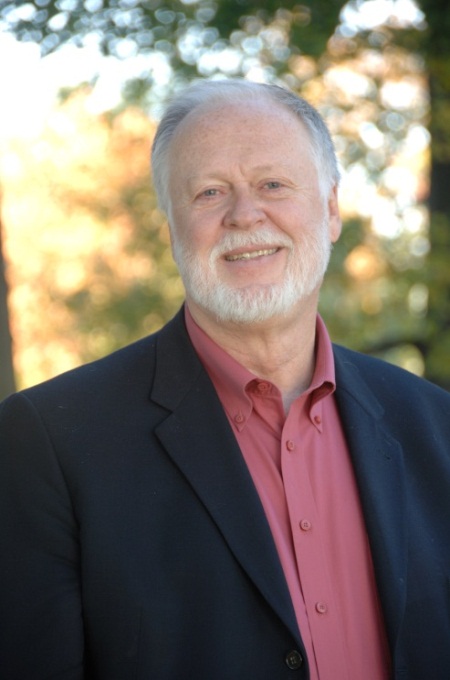学术信息
【院长论坛】Microbiome, exosomes and mutant p53
报告题目:Microbiome, exosomes and mutant p53
报告人:
Curtis C. Harris, M.D.
Chief, Laboratory of Human Carcinogenesis
Senior Investigator and Head, Molecular Genetics and Carcinogenesis Section
Center for Cancer Research
National Cancer Institute
时间:2016年11月11日(星期五)上午10:00
地点:医学部生化楼三层中厅
主持人:尹玉新 院长
报告人简介:

Harris received his M.D. from Kansas University School of Medicine. He completed his clinical training at the University of California-Los Angeles, and at the NCI. He has held positions of increasing responsibility at the NCI, and is also an Adjunct Professor of Oncology at Georgetown University School of Medicine. Harris has received numerous honors throughout his distinguished career including the Alton Ochsner Award relating Smoking and Health (American College of Physicians), Deichmann Award (International Union of Toxicology), Charles Heidelberger Award (International Society of Gastroenterological Carcinogenesis), the Distinguished Service Medal (the highest honor of the U.S. Public Health Service), NCI Outstanding Mentor Award in 2007 and 2013, Ph.D. (Honorary) Nippon University School of Medicine, the AACR-Princess Takamatsu Award, and most recently in 2014 the ILCA Nelson Fausto Award and AACR-American Cancer Society Award for Research Excellence in Cancer Epidemiology and Prevention. Also he serves as an honorary member for the Japanese Cancer Association and Fellow at the American Society of Clinical Investigation and AAAS. Harris has published more than 500 journal articles, 100 book chapters, and edited 10 books, and holds more than 30 patents owned by the U.S. Government. He also serves as Editor-in-Chief for the journal, Carcinogenesis, and has held or currently holds elected offices in scholarly societies and non-profit foundations including the American Association of Cancer Research, the International Society of Differentiation, the Keystone Symposia on Molecular and Cellular Biology and the Aspen Cancer Conference. Harris has a wide range of scientific interests and accomplishments spanning molecular genetics and epigenetics of human cancer to molecular epidemiology of human cancer risk and mechanistic biomarkers of cancer diagnosis, prognosis and therapeutic outcome.

